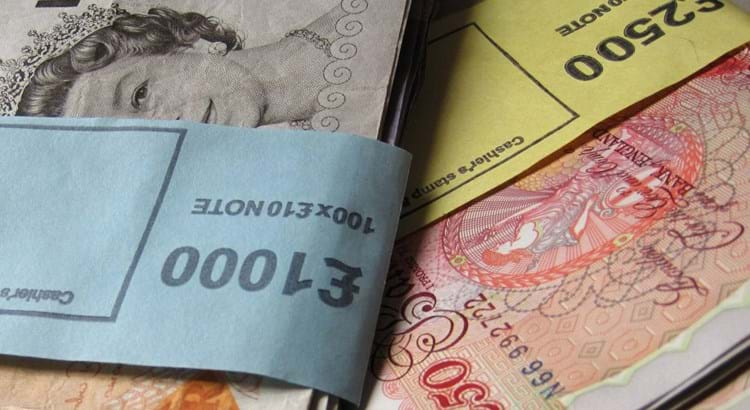The EU’s fifth Anti-Money Laundering Directive is designed to extend anti-money laundering and counter terrorism financing rules to virtual currencies, tax-related services and works of art.
The rules will now apply to ‘persons trading in works of art’ who will have to ‘identify their customers and report any suspicious activity to the Financial Intelligence Units’.
The changes include the need to verify identities for transactions of €10,000 or more, irrespective of the method of payment, whether by cash, credit card, bank transfer or cheque. It also covers a series of lower-value ‘linked transactions’ that can add up to €10,000 or more. Previously in the UK, such checks were necessary only for cash transactions of €10,000 or more.
"False assumption"
CINOA's secretary general Erika Bochereau said: “The amendments are built on the false assumption that the European Union is subject to a high level of trafficking in cultural property that is funding illegitimate interests… Most art market businesses are SMEs with turnovers of well under €1m and this [legislation] would add a disproportionate burden to their time and expenses in administrative terms, while potentially losing them business.”
Anthony Browne, chairman of the British Art Market Federation (BAMF), said the government plans to discuss issues with the art market. He added: “The aim is to ensure for small businesses that the administrative burden is at a minimum.”
This directive will need to be formally endorsed by the European Parliament and the Council later this year. Member states of the EU will then have up to 18 months to include these new rules in their national legislation. It is not yet clear how the UK’s government will proceed in light of the Brexit process.
CINOA noted that in the US the House Financial Services Committee is drafting legislation that would add “dealers of art and antiquities” to the list of regulated financial institutions under the Bank Secrecy Act.
Bochereau said CINOA has been taking a “much more active role in recent months to influence international policy… Although the Anti-Money Laundering Directive is an EU proposal, this will have an impact on all global markets that do business with EU member states. CINOA welcomes any dealers or organisations that would like to work together on these kind of issues”.






